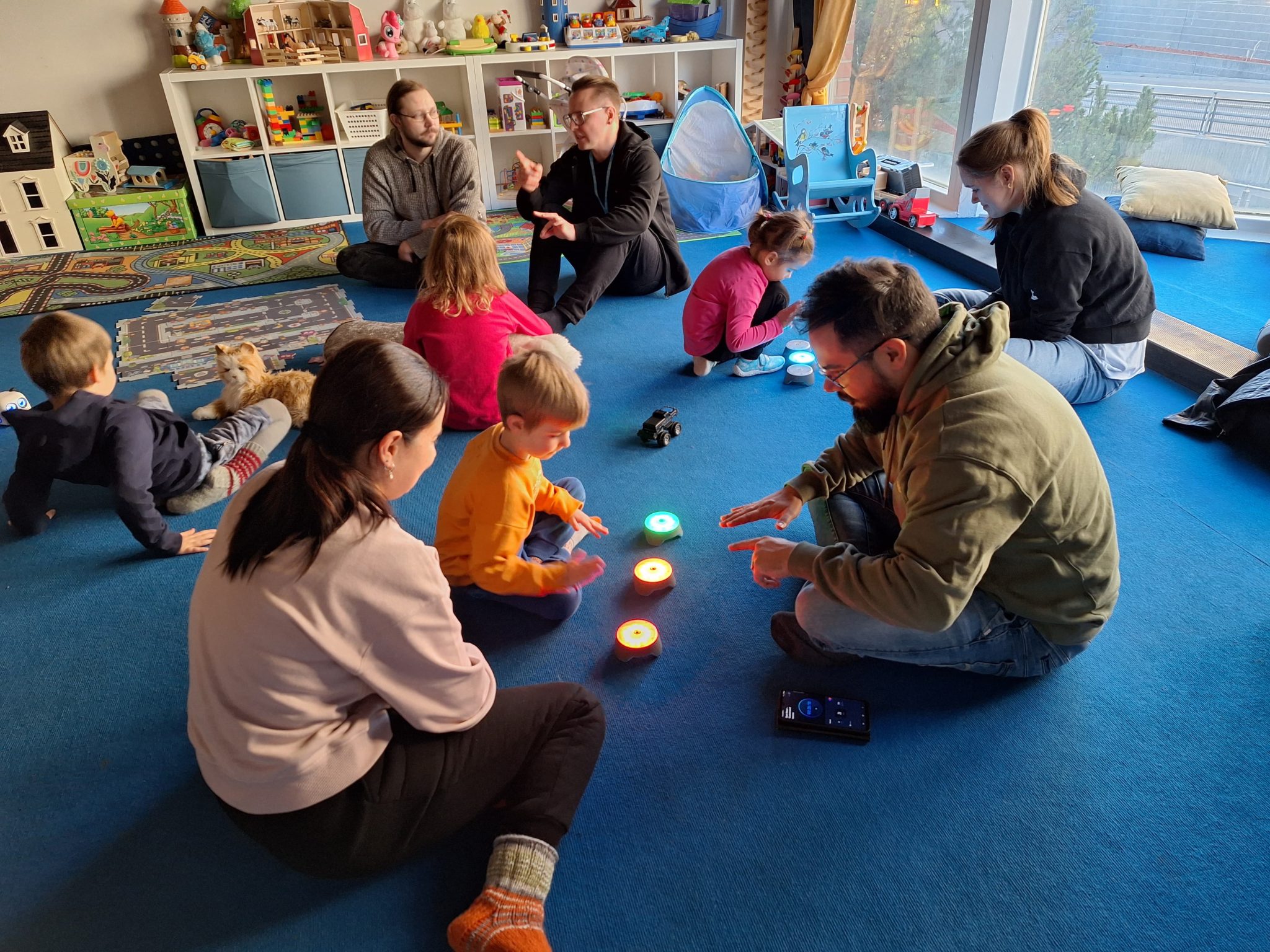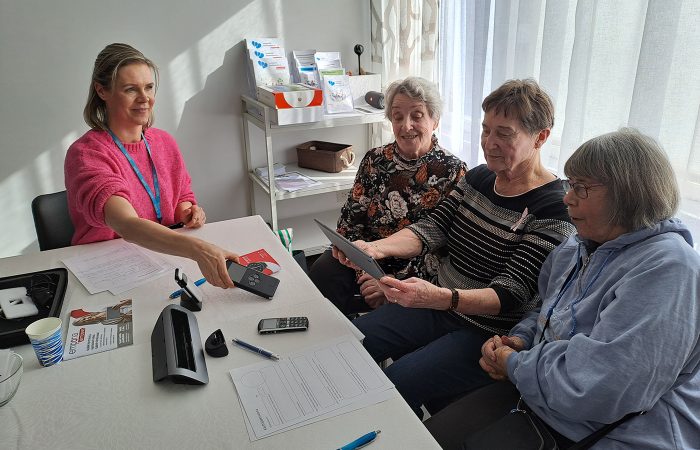We Research: Superhero sensory garden for children with mental traumas
KidsLikeUs is an international project that brings together multidisciplinary partner organizations from eight countries to collaborate on designing sensory gardens that address the mental health needs of children facing a wide range of psychological, emotional, and social challenges, including those impacted by the ongoing war in Ukraine and the recent pandemic.

This project aspires to cultivate resilience in our own communities, which is often mentioned as a key competence of the future. This is why it is worth building the foundations for its development wherever possible, thus this project focuses on the children and on different organizations working with them. The KidsLikeUs project is carried out under the Interreg Baltic Sea Region and co-funded by the European Union.
The project researches the interactions of children with their environments, with a focus on their behaviors, the spaces they commonly use, and how they react to different sensory stimuli. It looks on to varying strategies to make these environments more welcoming and enjoyable for children, incorporating both technological and non-technological solutions. The research explores a variety of approaches, from simple child-friendly activities like yoga, arts, dance, and games, to considerations of furniture and interior design, natural elements, digital content, and other intelligent features. KidsLikeUs project intends to determine which solutions offer the most significant benefits to children, especially those who have suffered mental traumas. The goal is also to pinpoint the specific elements that contribute to a supportive and healing space for children, especially those with challenging backgrounds.
To achieve desired outcomes, the project seeks to involve organizations that work with affected children, leveraging their insights through ideation, discussions, workshops and prototyping to inform the design of the gardens. By employing both technological and non-technical solutions, the partners will develop and test prototypes in workshops and piloting activities in different countries involved in the project.
The primary goal of this project is to create an e-book filled with adaptable solutions and prototypes, encompassing both digital and traditional approaches. These solutions aim to facilitate the development of mobile and modular setups, allowing volunteers, teachers, and caregivers to more effectively and comfortably engage in integration, relaxation, and therapeutic activities. Ultimately, this e-book will empower organizations to enhance their support for the mental well-being of children.
Did you know?
- Over 5 million people fled Ukraine by 20th April 2022, children presenting a large proportion.
- The covid pandemic resulted in 30% of young people reporting a negative impact on their mental health, and 16% of adolescents reporting low life satisfaction, with girls being more affected (WHO, 2023).


